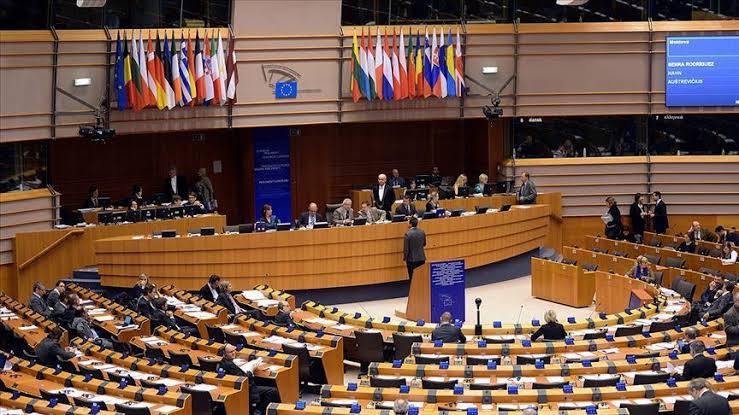EU Commissioner for Crisis Management Janez Lenarcic said: "Humanitarian needs are at an all-time high and continue to grow, and this is mostly due to conflicts but increasingly due to global challenges such as climate change and the COVID-19 pandemic." Our humanitarian funding will allow the EU to do its part and continue to save lives and cover the basic needs of the affected population.. Besides responding to new and highly visible crises, the budget ensures that the treatment of existing, protracted or recurring humanitarian crises, as in the case of Colombia, South Sudan or the case of the Rohingya people .
The statement indicated that humanitarian aid will be allocated to the European Union in 2022 as follows:
Allocating 469 million euros to sub-Saharan Africa to support those suffering from the food and nutrition crisis exacerbated by the conflict in the Sahel region in the countries: Burkina Faso, Mali, Mauritania and Niger; and those displaced by violence in the Central African Republic and the Lake Chad Basin: Chad, Cameroon, Nigeria, South Sudan and the Horn of Africa: Djibouti, Ethiopia, Kenya and Ethiopia. It will also meet the needs of people affected by the protracted conflict in the Democratic Republic of the Congo.
351 million euros in humanitarian funding from the European Union will be allocated to meet the needs in the Middle East and North Africa to address the crisis in Syria as well as the needs of refugees in neighboring countries in the Middle East, as well as the critical situation in Yemen. 152 million euros will finance projects in Southeast Europe and the European Neighborhood to address crises in Ukraine, the Western Balkans and the Caucasus.
- 188 million euros will be allocated to help the most vulnerable populations in Asia and Latin America. In Asia, this includes the crises of Afghanistan and the Rohingya minority in Bangladesh and Myanmar. In Latin America, the European Union will continue to provide assistance to those affected by crises in Venezuela and Colombia, as well as in Haiti, "according to the statement."
The remaining €370 million will be used to respond to unexpected crises or sudden peaks in current crises, as well as other operations. In all regions, 10% of the funding will be allocated to education in emergencies to allow children and young people to continue their education.


No comments:
Post a Comment